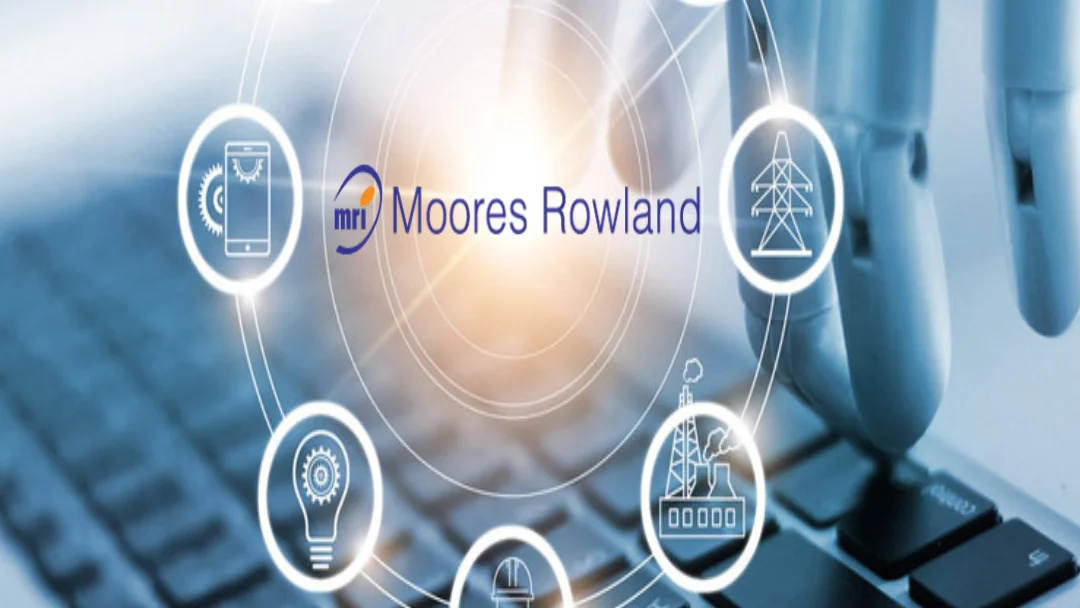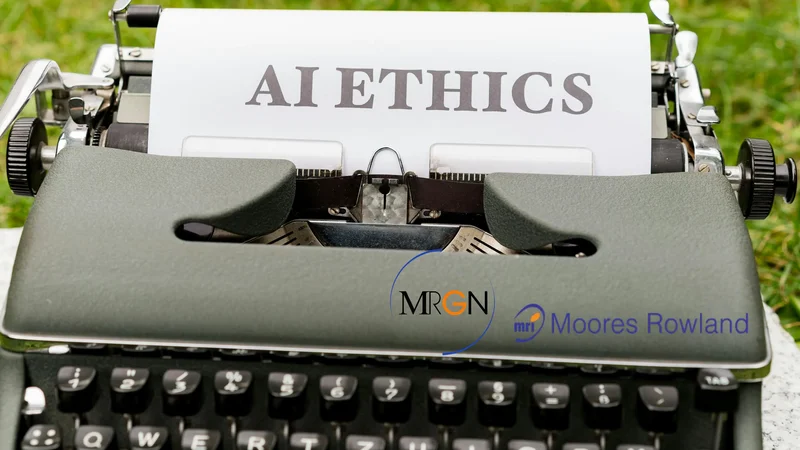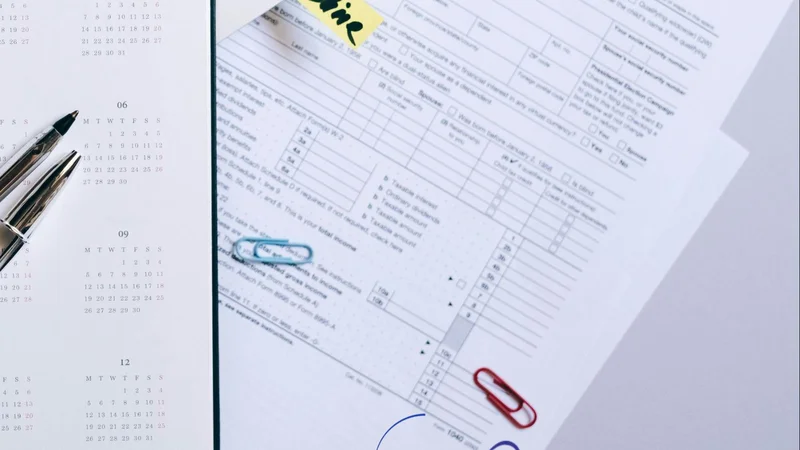Exploring the Expansive Internal Audit Scope within Robotics and Artificial Intelligence
The expanding scope of internal audits in the realm of robotics and artificial intelligence (AI) reflects the growing impact . . .
•
Feb. 1, 2024

The expanding scope of internal audits in the realm of robotics and artificial intelligence (AI) reflects the growing impact of these technologies on business processes. Auditors now grapple with the complex task of assessing a range of risks, including data security and privacy, algorithm bias, and compliance with industry-specific regulations and ethical standards. They also have to ensure that data quality is maintained, data sources are reliable, and data governance aligns with organizational objectives. In addition, they focus on evaluating how AI and robotics contribute to operational efficiency, whether it's through process optimization or the monitoring of performance against predefined key performance indicators (KPIs). Furthermore, auditors must gauge the organization's readiness for change, particularly regarding workforce training and adaptability to disruptive technological shifts.
To make the most of these opportunities, internal auditors must commit to continuous learning and stay updated on the latest developments in robotics and AI. Professional development opportunities, including certifications and specialized training, are essential to build expertise in these areas. Collaboration with cross-functional teams, such as IT, data scientists, and business units, is critical for a holistic understanding of technology integration. Seeking advice from external AI and robotics experts can further enhance the effectiveness of internal audits. In terms of tools, data analytics is a valuable asset for assessing the vast datasets generated by AI systems, while the implementation of Robotics Process Automation (RPA) in auditing processes can greatly enhance efficiency.
Despite these opportunities, auditors face certain challenges. Finding individuals with specialized knowledge in robotics and AI can be a hurdle. The rapidly evolving nature of technology means that audit plans must be flexible and adaptive to keep pace with advancements. Handling the complexity of data generated by AI systems, which is often unstructured, is another challenge auditors must navigate.
In conclusion, the ever-expanding scope of internal audits within the domains of robotics and AI presents both challenges and opportunities. By adapting to this evolving landscape and effectively managing risks, auditors play a pivotal role in helping organizations harness the full potential of these technologies while ensuring compliance, data integrity, and operational efficiency. This dynamic role positions them as key contributors to the successful integration of robotics and AI into business operations.
Related

AI Prompt Writing: The Basics for Professional Accountants
From automating routine tasks to supporting advanced analysis and advisory services, AI tools are becoming an everyday reality for professional accountants—especially those working in small- and ...
Read more
The Future of Accounting and Tax: How AI, Automation, and Regulation Are Reshaping the Profession (2025–2026)
Introduction The accounting and tax profession is undergoing one of the most significant transformations in its history. Artificial intelligence, automation, evolving regulatory frameworks, an...
Read more